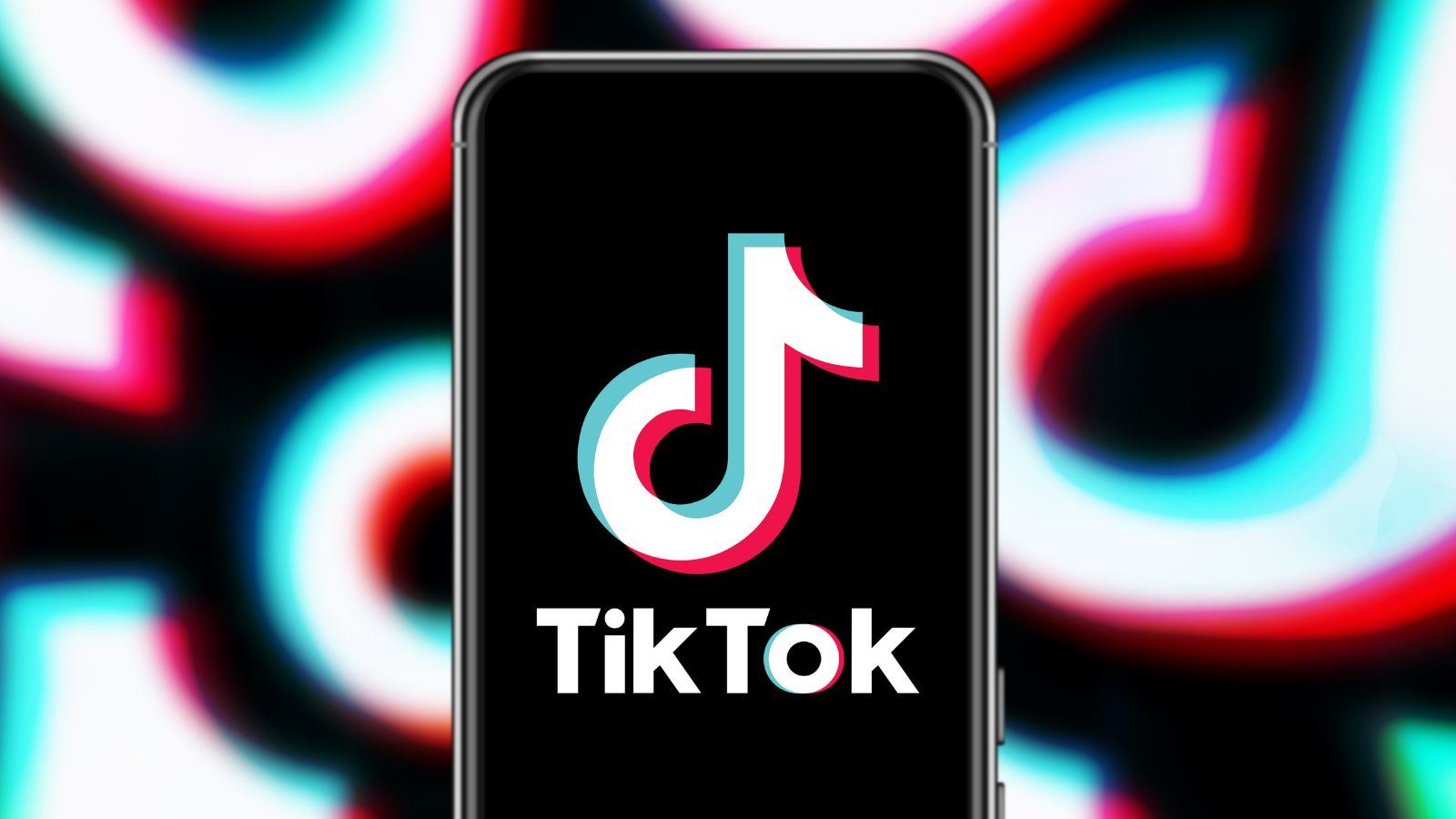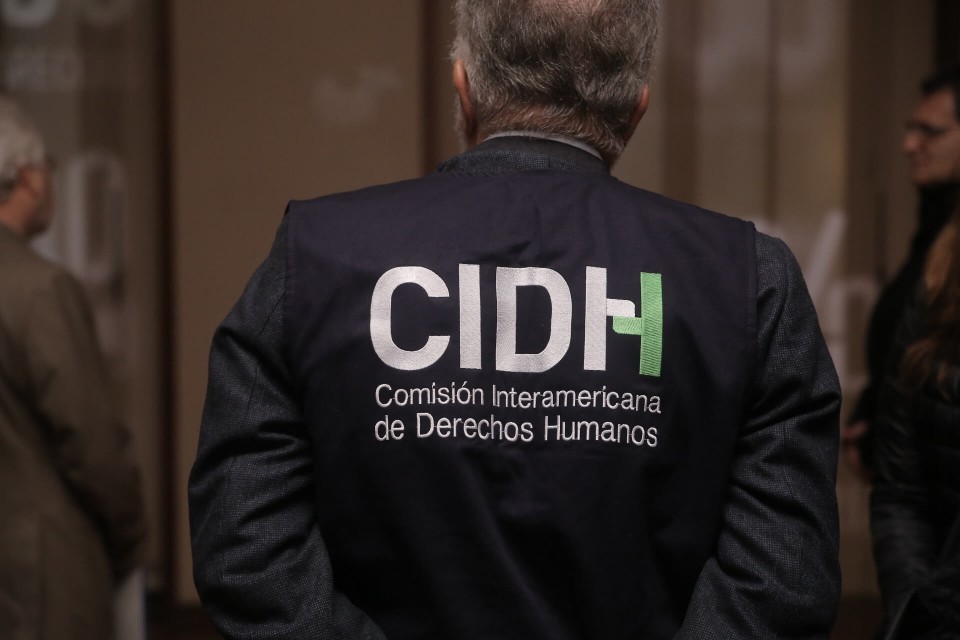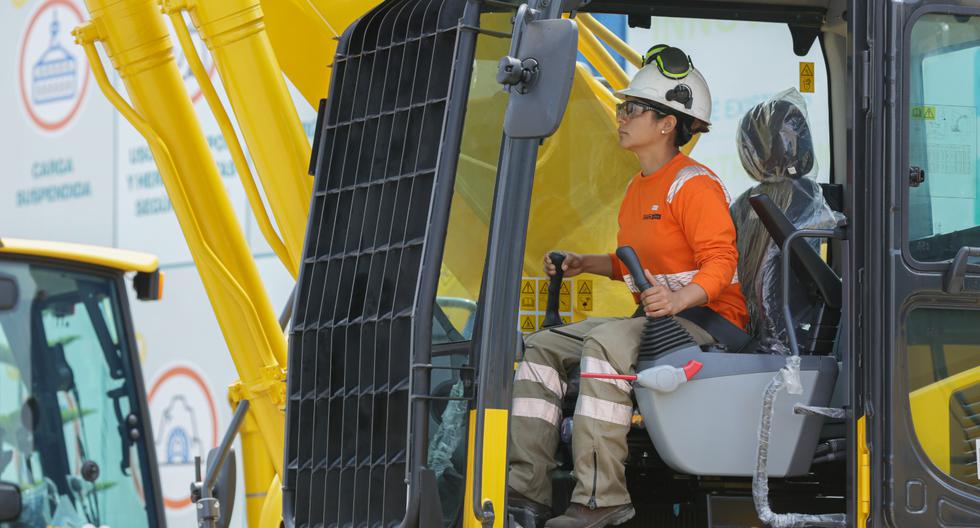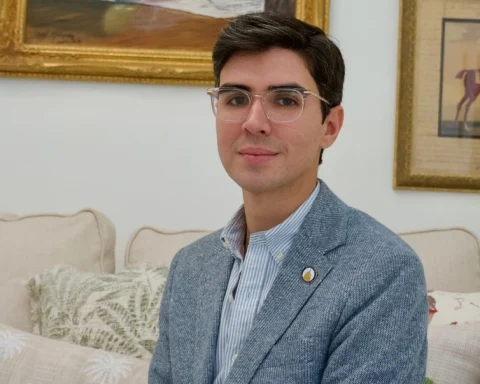Madrid, March 7 (EFE).- The White House, the Government of Canada, the European Commission and the European Parliament are some of the institutions that have vetoed the use of TikTok on the corporate devices of their employees, with security concerns as the main argument. But, is this social network more insecure than others for the user?
No, security and privacy are similar in all of them, but the question now is that “we are in a complicated geopolitical context” and in general social networks that come from the east, especially from China or Russia, “are in the spotlight for a long time”. The determination to withdraw the official mobile application is “preventive and understandable,” said experts consulted by EFE.
The problem, therefore, is not the use of TikTok itself -of Chinese origin-, but rather installing it on devices that employees take to work, which would potentially allow espionage through geolocation or the camera, they said. and the microphone, and the theft of confidential information. TikTok denies it and talks about “prejudice”.
“ADVANTAGE TO THE ENEMY”
Juan Gualberto Gutiérrez, from the University of Jaén (southern Spain), illustrates this with an example: let’s imagine a US soldier at the Rota naval base who opens a TikTok account. His friends, indeed, see him in Cádiz (southern Spain), but also “his enemies of him” of him, and “that is giving them an advantage.”
“Let’s do a slightly more radical turn. What if we are at war? If my government – in this case the Chinese – forces my company to use its intelligence to locate people or even spy on them through the devices’ microphones and cameras, should I comply?”
“These are difficult times,” said this professor of Computer Science, who sees the decision as “totally logical”, an action that he describes as preventive: “it is more what can happen with the application than whether it is insecure or not.”
For Jordi Serra, professor of Computer Science, Multimedia and Telecommunications Studies at the Universitat Oberta de Catalunya, applications from China or Russia “have been in the spotlight for a long time. They are not trusted, since states can legislate to force their companies to include a monitoring system.
Both agree that the main fear of governments is espionage through terminals, listening to conversations or geolocating critical people -it can be done even without GPS activated, locating the Wi-Fi to which the user is connected or the address Assigned IP-.
“We are in the information age, so obtaining it is just as valuable as making sure that no one can have it,” Serra summarized.
From the company Avast, Luis Corrons, stressed that “we are talking about government officials and institutions that may have access to confidential information. There are already many cases of espionage of Chinese origin that have happened, recently NATO denounced how this activity in Europe had increased by China.
«Since TikTok is a Chinese company (which means that unlike in the West, the government has a direct hand in the company) it is understandable that the highest heads of government security, who have to be paranoid about security, don’t want to risk anything and ask for the app to be removed,” Avast Security Evangelist stressed.
DATA PROTECTION, ANOTHER CONCERN
For this expert, TikTok -owned by ByteDance- “is on a par with the popular American applications in terms of privacy. Therefore, the information it collects about users is just as abusive as what Meta collects.”
Juan Gualberto Gutiérrez opined that “the amount of information we give away to companies is incredible.” Also, sometimes with updates, users inadvertently give permission to actions that they had disabled.
«When one agrees to the agreement and registers with TikTok, they transfer all their data to the company; It is abusive, just like Meta’s policy,” Corrons agreed, although European data protection laws are much more guaranteeing than in the US, Gutiérrez stressed.
TIKTOK DEFENDS ITSELF
From TikTok they stressed that their privacy policy is transparent, public and “very clear”, and they denied the transfer of data to third parties, specifically to China.
“We respect what the laws say and we comply with all privacy regulations,” Giacomo Lev Mannheimer, TikTok’s director of Institutional Relations for southern Europe, told EFE, who indicated that user data is used only to offer experiences. suitable.
Lev Mannheimer sees in the decision to withdraw the application from official phones “prejudices” based on an “unrealistic” idea of what TikTok is: it is a global company (…) and American investors also participate in its ownership, he pointed out.
Data from American and European users is stored in the United States and not in China, the TikTok spokesman said, adding that Europe will have the first of its three data centers in Ireland before the end of the year.
“We understand that there is geopolitical tension in the world right now, but we are a company and we would not like to be in the middle of that tension, which we really believe is not our responsibility.” “We have not given data to the Chinese government and the Chinese government has never asked us for data. If he does, we’re going to say no.”
Regarding the decision of the European institutions to ban the application, he was surprised by the method, because TikTok -he said- was not contacted. «A method that seems un-European to us. It is a unilateral decision that seems to be made on prejudice.
Lev Mannheimer indicated that they have contacted the European institutions in order to clarify their data protection and computer security policies (awaiting a response). While he won’t comment on other platforms, he noted that “independent studies have shown in the past that there is no substantive difference” between TikTok and other apps.
«We have always been open to dialogue and we will continue to be. We hope to find the same approach on the other side.” EFE

















